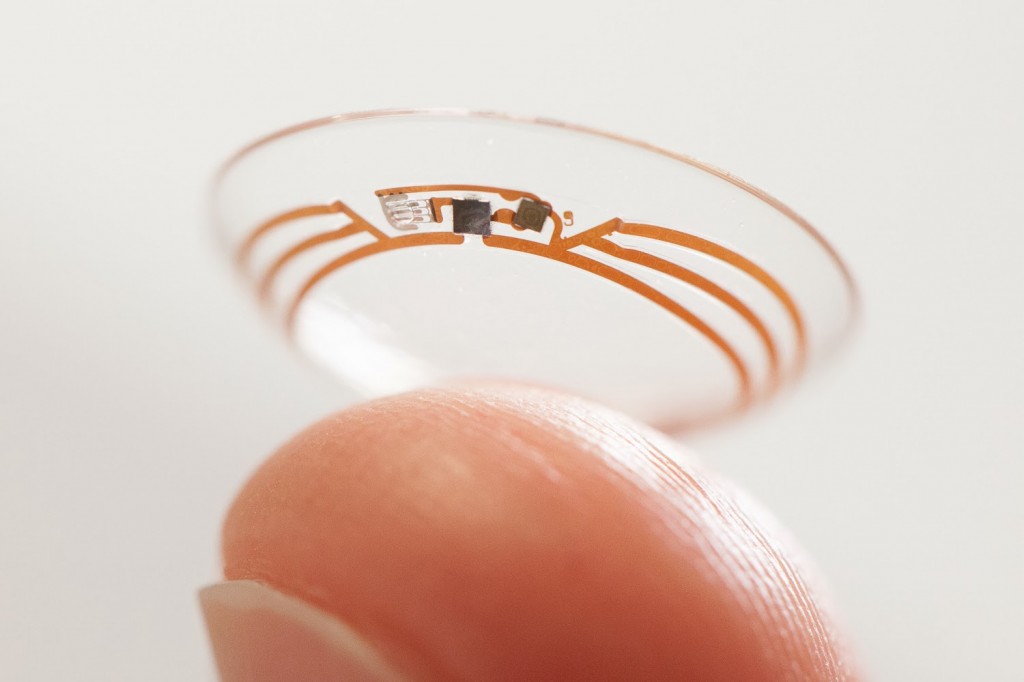Do the success of tablets signal the end of paper?
I think we can never truly understand understand what the future will hold, even if we can predict its trajectory. Ray Kurzweil speaks often about how technology grows exponentially. Not only is technology progressing quickly, but the rate at which it is progressing is increasing. This is counter to how many people perceive it. This is best outlined in Kurzweil’s paper The Law of Accelerating Returns. I bring this up because he posits that the 100 years of this century will see the equivalent of 20,000 years of growth at the growth rate at the turn of the century. In other words, even at the growth rate that existed in 2000, it would take 20,000 years to reach the equivalent growth if kept constant, compared to the accelerating growth that really exists and will occur in this century. So how will we consume the written word in 10 years? in 50 years? in 100 years? Can you perceive what the equivalent of 20,000 years of progresss will mean?
One can argue now about the tactile difference in reading a paper book versus reading on an iPad, but what about when you don’t need to feel anything? Perhaps some day we’ll have retina displays literally in our retinas? We won’t need any device to pop up the text of a book and read it clearly. That doesn’t seem out of the realm of possibility. If Google has Glass now, and we’re experiencing exponential growth, then presumably it won’t be long before the capabilities of Glass are in a contact lens, then in the eye itself. We are already capable of surgically replacing the lens within the eye. Currently that is used for corrective surgery (an alternative to the more common LASIK), but what if at the same time you were correcting your vision you added Google Glass capabilities? What if we could literally pull up any book every written, in any language, and pop it up in our view at will? That changes the tactile argument quite a bit.

I’ve long been a book collector. I used to spend hours wandering the aisles of bookstores looking for rare and obscure books to add to my collection. Finding bargains in the early days was a real pleasure. A 28 volume dictionary from 1889 I found in a barn in New Hampshire was a real steal. The Internet mostly changed both the wandering around bookstores, and certainly finding bargains. If I want a rare book today, I usually search online first. Bookfinder.com, Alibris.com, Abebooks.com, etc. Every bookstore, from the biggest to the smallest one-person-in-a-barn bookstore is today hooked up to these sites. Many of the more popular older books are spammed (bammed?) into these online listings as print-on-demand books. Many of these same books are also available for free on Google Books.
It’s a different world, but certainly whether new or old almost every book one could want is available in some form online (at least in English). It’s only a matter of time before every book ever published will be online (some for free, some for pay). I’ll be the first to point out that most of the mass-scanned books like those in Google Books are not high quality. Reading one of those scans versus reading a real book is not even close. However, that’s something that can be fixed over time. Most people wouldn’t want to read a real 200 year old book either – the pages might be crumbly, the paper brown (lowering contrast), etc. Google did the best they could under the constraints of the technology when they did it. Eventually those books will either be scanned better, or converted into a format that uses real text layed out properly, scalable, and with all the features we expect in ebooks today. It’s nice to be able search a book, add comments, copy and paste text, etc. I still like the tactile feel of reading a paper book, but at some point the advantages of the digital versions will outweigh the tactile difference. What happens to my hundreds (maybe thousands) of books then? Will my children care? Will a library even accept them as a donation? Will there be physical libraries?
There is some irony that in a time when publishing a book is easier than its ever been, and self-publishing is no longer just a vanity pursuit, that paper books are heading the way of the rotary phone and Betamax. Of course people can publish straight to ebook, and skip paper altogether, but I imagine most people today who want to publish a book would feel that was some kind of fake, along the lines of straight-to-video movies. We don’t really consider them quality movies, so why would we consider straight-to-ebook books real books? Of course as time goes on we’ll get past that (the books, not the movies).
One big winner in the ebook revolution would seem to be the textbook publishing industry. I’ve always been personally offended by the tactics of textbook publishers, who release new ‘editions’ with minor changes every year in an effort to eliminate the second-hand market. Now, with etextbooks, they can link a book to an individual without the ability to sell it to a second party. Once they leave paper behind (and textbook publishers will do it as soon as possible) they no longer need to invest the money in making yearly changes. They no longer need to worry about second-hand sales. It’s win-win for textbook publishers.
In the end, the real question is will we reach a point where publishing a paper book becomes too expensive? As demand for paper books declines, will the cost skyrocket? Inevitably it must, although that is probably in my children’s timeline more than my own. As the video above rightly illustrates, there will always be use for certain kinds of paper.
What do you think the future of the printed book will be?